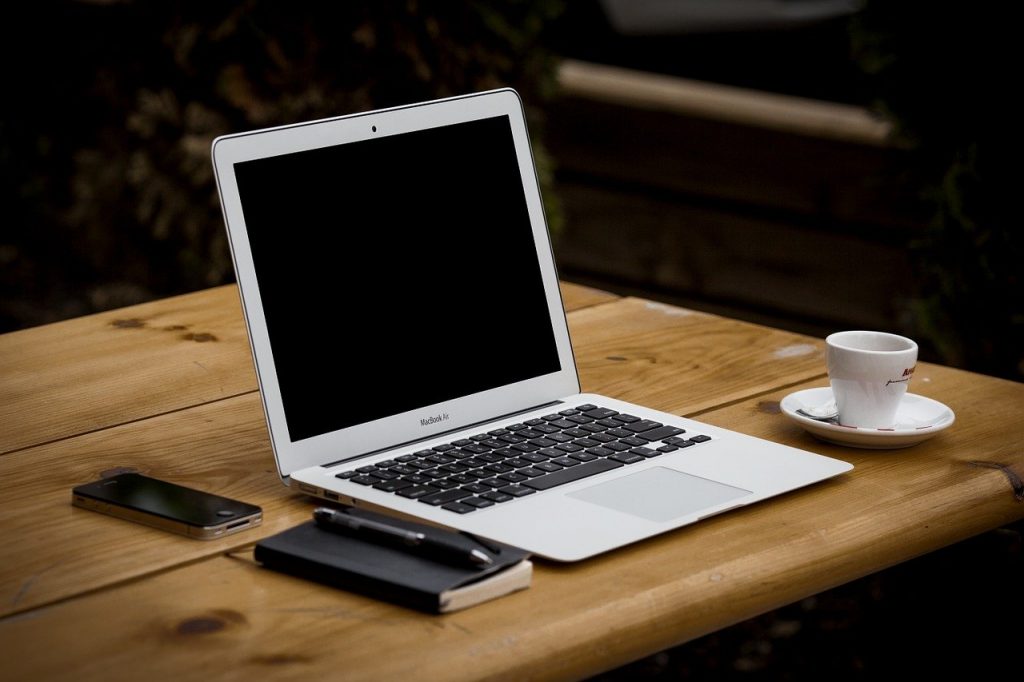All opinions are mine and mine alone.
In a world encompassed by technology, it’s more important than ever to keep you and your devices protected. Mobile phones, laptops, and even your at-home WiFi can be vulnerable. Find out why it’s important to have strong, secure and updated passwords and how you can keep all of your personal devices and systems safe.

Mobile Phones
Although mobile phones are extremely accessible from a physical standpoint, the actual data found on your phone is invaluable — especially to hackers. Your location, address book, photos and videos, text messages, emails, and social media accounts are just a few (of many) things that can be accessed and stolen if not protected properly. Here are a few steps to take to ensure your mobile device is protected at all times:
- Lock your home screen with a unique password
- Utilize two-factor authentication when available for mobile apps (i.e. iPhone users can enable Face-ID for a double layer of protection)
- Turn your phone’s Bluetooth and WiFi off if you’re not using them
- Always password protect your social media, banking, and other sensitive information that can be found on your mobile device
Nowadays your entire life can be found on your phone, which is why it’s crucial to take the necessary steps to protect it with secure passwords.
Tablets, Laptops & Desktop Computers
Similar to your mobile phone, your tablets, laptops and desktop computers are also vulnerable to hackers. Having secure passwords for these devices is first and foremost. Be sure to choose unique passwords that are different from any other of your device passwords. Even with strong passwords, computer data can sometimes be breached by malicious files or other forms of cyber attacks. It’s recommended to install both a firewall and antivirus software to your computer for an added layer of security. These tools can help protect your computer (and your personal data) from any malicious internal and external attacks. Additionally, when using these devices it’s important that you never browse on unsecured websites or join public WiFi networks. Taking these additional precautions are key to the safety of your computer’s data.
WiFi Systems
So you just had your new WiFi system installed, the service guy is long gone and now you’re left with a generic (and sometimes even scary 15 digit) WiFi password that you’re supposed to memorize and to add to all of your devices. A story we all know too well. Sure, you could keep the default password, but you’ll likely end up posting it somewhere for everyone to see, defeating the purpose of having a secure password. Additionally, not changing the default password means that anyone with access to it can change it to their own password and lock you out! To avoid a huge headache, the best thing to do is to learn how to change your WiFi password ASAP. Choose a password that is easy for you to remember, but hard for someone else to guess.
Once you have secure passwords on all of your systems and devices, be sure to update and change them every so often so that they are harder to guess and less likely to be hacked. Having strong passwords will keep all of your devices safe from hackers, thieves or even just nosy neighbors and family members!



Speak Your Mind